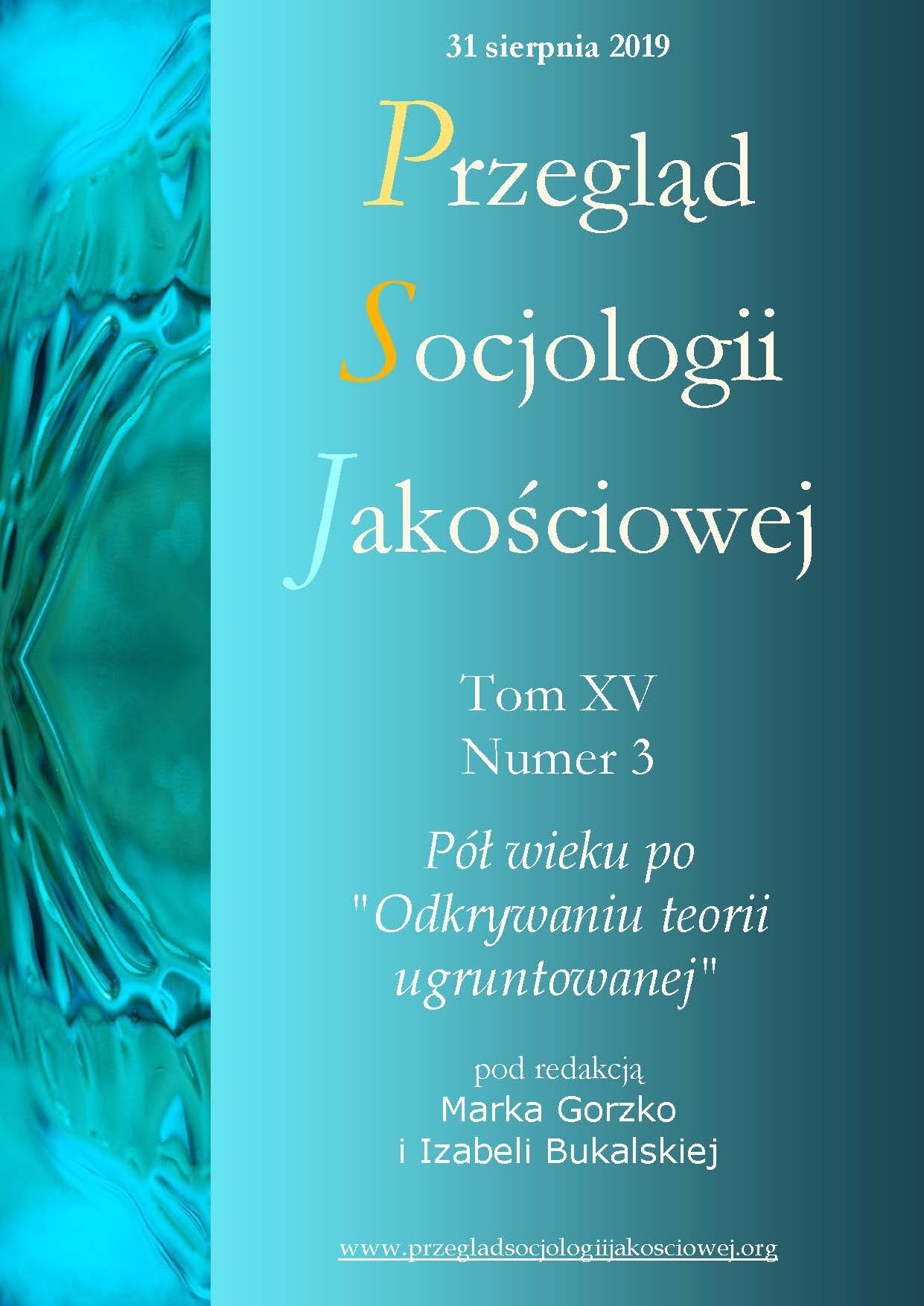Rozważania wokół dyskursu nad grami cyfrowymi w oparciu o ich krytykę ze strony Philipa Zimbardo
Considerations around the Discourse on Digital Games Based on Their Criticism by Philip Zimbardo
Author(s): Damian GałuszkaSubject(s): Social Sciences, Psychology, Media studies
Published by: Wydawnictwo Uniwersytetu Łódzkiego
Keywords: digital games; discourse; criticism; education; Zimbardo
Summary/Abstract: Digital games are one of the most important media nowadays. Some researchers attribute a special role to them in today’s world, suggesting that we live in the ‘game era’. Unfortunately, this medium is probably the only one that is so often exposed to harsh criticism from various social groups: parents, teachers, politicians. This usually results from a certain misunderstanding of the specificity of games, as well as from helplessness. It also happens, however, that radical opinions about games are expressed by authority figures in academia. This is not disturbing in itself, provided that their considerations are based on solid foundations. Unfortunately, this is not always the case, as exemplified by the book by Philip Zimbardo and Nikita D. Coulombe, titled Man Interrupted: Why Young Men Are Struggling & What We Can Do about It, in which games – along with pornography – are blamed for the so-called crisis of masculinity. Moreover, the public debate – fueled by successive sensational reports – quite often resembles yet another moral panic more than a sensible or substantial exchange of arguments. This article is an attempt at revealing the most important problems with the discourse around digital games. It consists of three main parts: the presentation of the phenomenon of digital games as one that escapes any simplification and generalizations; the discussion of the typical accusations against this medium; the demonstration of its educational potential. The purpose of this approach is, above all, to increase the awareness with regard to how easily we tend to adopt an overly radical attitude towards digital games, thus losing the opportunity to use their positive (educational, pedagogical) potential. All this into account, I am putting forward a certain pattern of discussing – and thinking about – digital games, which makes it more likely to fully utilize the possibilities of this cultural phenomenon.
Journal: Przegląd Socjologii Jakościowej
- Issue Year: XV/2019
- Issue No: 3
- Page Range: 178-201
- Page Count: 24
- Language: Polish

